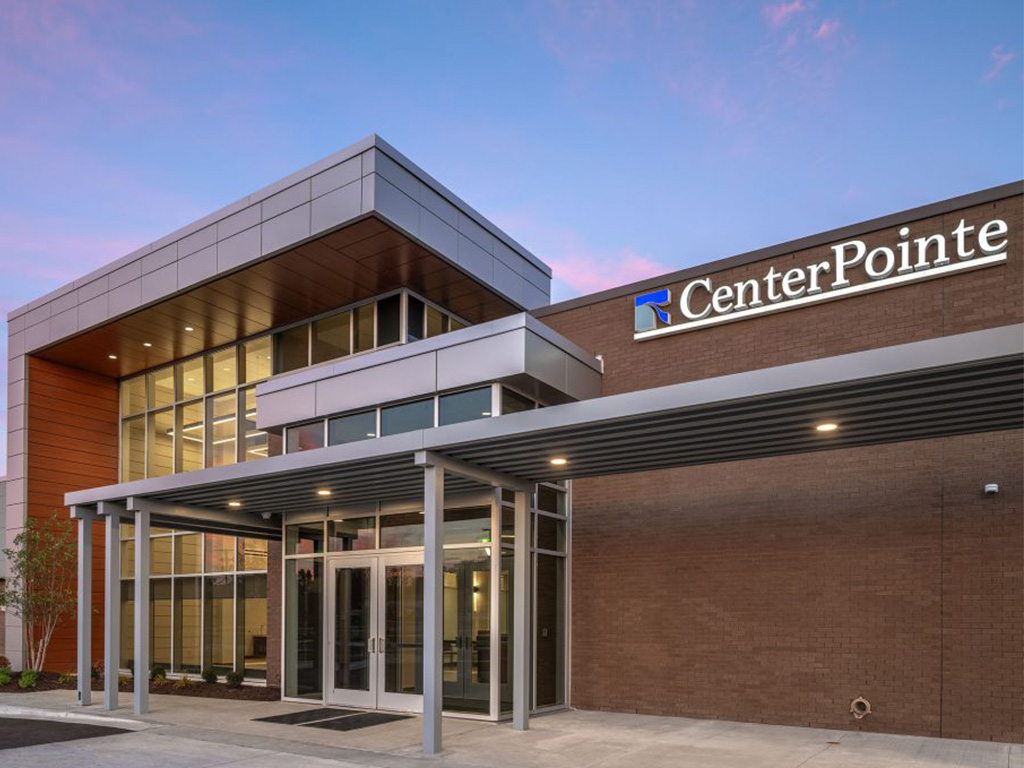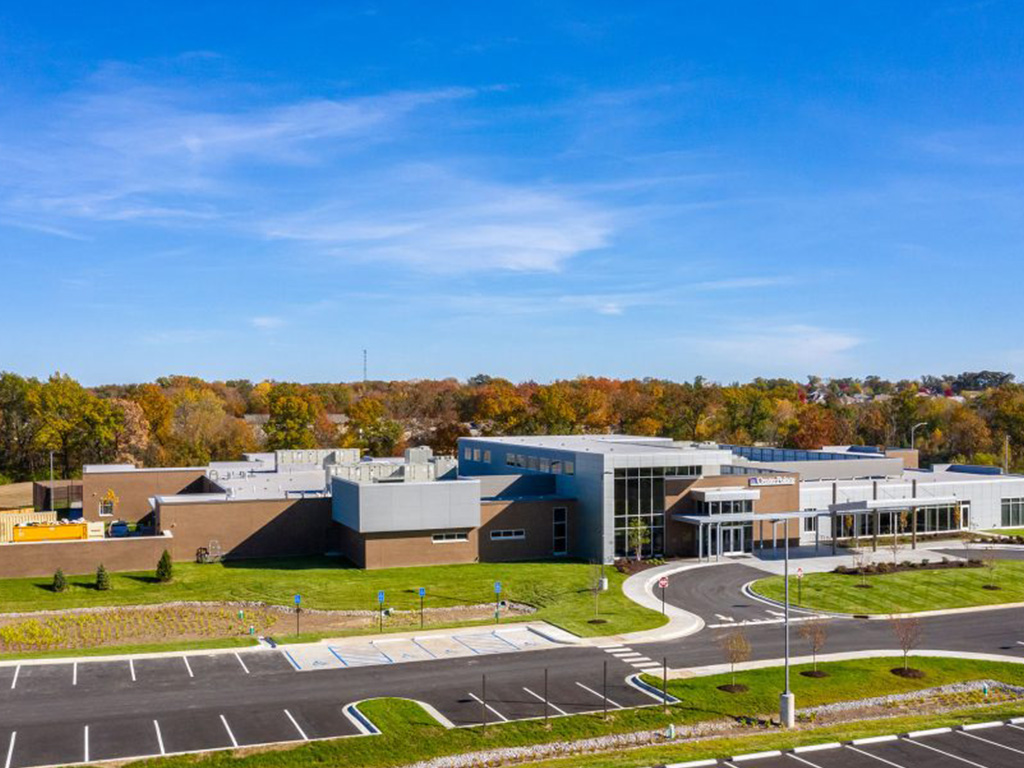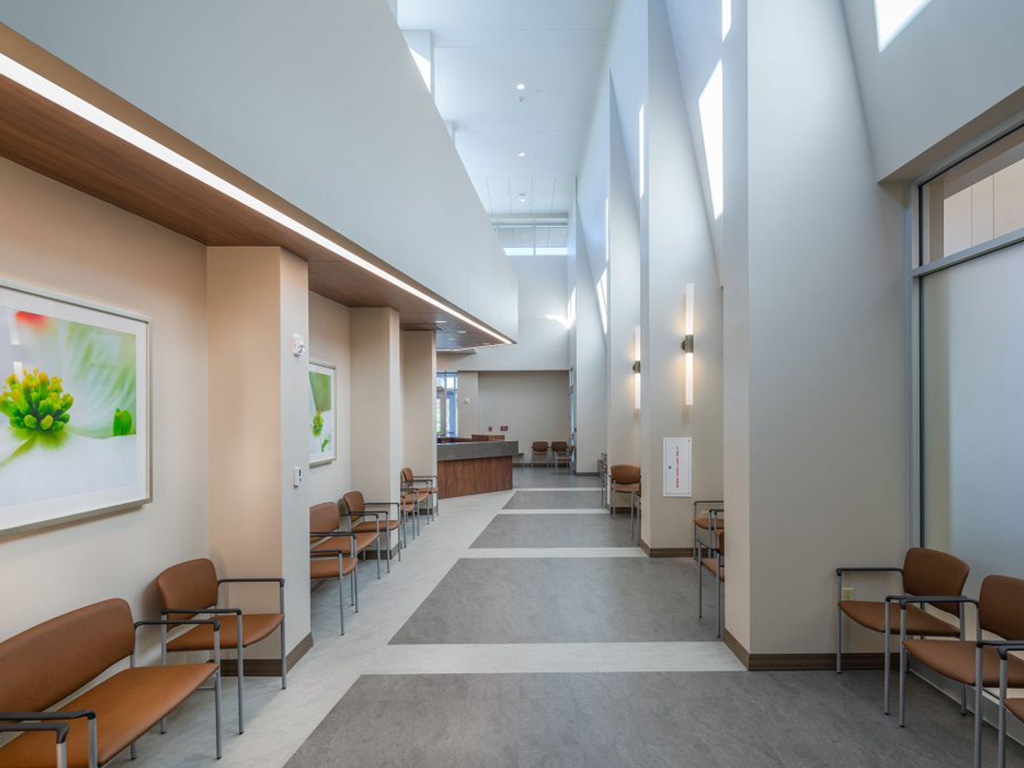The category of opioids includes a variety of powerful and potentially dangerous substances. Some opioids, such as morphine, fentanyl, and prescription painkillers, offer significant benefits when they are used as directed by a qualified healthcare provider. Other opioids, such as heroin, have no recognized medical use and are abused solely for recreational purposes.
Regardless of why a person first uses an opioid, this behavior can lead to several problems, including the development of opioid use disorder. This is the clinical term for opioid addiction. Over the past 20 years, opioid addiction has fueled rising rates of opioid abuse, overdose, and deaths throughout the United States.
Opioid addiction can be devastating. But it is treatable. When a person gets the help they need, they can end their opioid abuse and work toward long-term recovery.
Signs & Symptoms of Opioid Addiction
If you suspect that someone you care about has been abusing opioids, or has developed an opioid addiction, it can be valuable to remain on the lookout for certain signs and symptoms. It is also important to remember that the signs of opioid abuse and the symptoms of opioid addiction aren’t necessarily the same thing.
Opioid abuse refers to the intentional misuse of an opioid. This can be done for many reasons, including as an attempt to self-medicate. Also, many people abuse opioids for recreational purposes. Opioid abuse frequently leads to opioid addiction. When a person develops an opioid addiction, their behaviors change due to an overwhelming compulsion to abuse these dangerous drugs again and again.
In other words, opioid abuse is a behavior. Opioid addiction is a behavioral health disorder. Both can be extremely dangerous, and even deadly. Being able to recognize the signs and symptoms of opioid abuse and addiction can help you determine the nature of the threat your loved one is currently facing so that you can connect them with the most appropriate type of help.
Here are a few common signs and symptoms of opioid abuse:
- Pinpoint pupils
- Confusion and disorientation
- Difficulties with balance and coordination
- Drowsiness
- Slowed breathing
- Frequent itchiness
- Constipation
- Dramatic changes in energy level
- Severe mood swings
- Significant unintentional weight loss
- Neglect of appearance and personal hygiene
When a person’s opioid abuse leads to the development of an opioid addiction, they will develop intense cravings for the drug. They may also lose the ability to control the amount and frequency of their opioid abuse. When someone develops an opioid addiction, the acquisition and use of this dangerous drug becomes a priority in their life.
Signs and symptoms of opioid addiction include the following:
- Spending a considerable amount of time thinking about, acquiring, and abusing opioids
- Abusing opioids in particularly hazardous ways, such as in combination with other drugs or prior to driving
- Experiencing powerful cravings for opioids
- Failing to fulfill significant obligations at home, in school, or at work due to opioid abuse
- Trying to reduce the amount and frequency of their opioid abuse but being unable to do so
- Abandoning activities or interests that used to be very important to them because of their opioid abuse
- Incurring physical or psychological harm as a direct result of prior opioid abuse, yet continuing to engage in this dangerous behavior
- Needing to use larger amounts of opioids to achieve the same effect they used to get from more limited use of the drug
- Developing painful withdrawal symptoms when they are unable to abuse opioids, or when they try to end their opioid abuse
Being able to identify the signs and symptoms of opioid addiction can help you connect your loved one with the care they need, before it’s too late.
What Causes Opioid Addiction?
The following opioid statistics are from the National Institute on Drug Abuse (NIDA):
- There were 91,799 drug overdose deaths in the United States in 2020. Of this total, 74.8% involved a synthetic opioid.
- From 2010-2020, the annual number of opioid-related overdose deaths in the U.S. increased from 21,088 to 68,360.
- From 1999-2020, the annual number of drug overdose deaths involving prescription opioids rose from 3,442 to 16,416.
- From 2016-2020, the annual number of heroin overdose deaths decreased, falling from 15,469 to 13,165. However, this still represents a significant increase over the 1,960 heroin overdose deaths that occurred in 1999.
- About 70% of opioid deaths in the U.S. involve males.
Effects of Untreated Opioid Addiction
An untreated opioid addiction can affect every aspect of a person’s life, including their physical, psychological, and social well-being. Not everyone will be affected in the same way, but the longer a person continues to struggle with an untreated opioid addiction, the greater their risk becomes for lasting, perhaps irreversible, damage.
Possible effects of untreated opioid addiction include the following:
- Malnutrition
- Irregular heart rate
- Coronary heart disease
- Cardiovascular disease
- Endocarditis
- Chronic constipation
- Bowel obstruction
- Respiratory problems
- Brain damage
- Sexual dysfunction
- Diminished fertility
- Increased risk for lost or complicated pregnancy
- Physical injuries due to slips, falls, and reckless behaviors
- Exposure to HIV, hepatitis, and other diseases that may spread via the shared use of injection drug paraphernalia
- Overdose and death
- Development or worsening of co-occurring mental health disorders
- Disrupted relationships with friends, family members, and colleagues
- Delayed academic progress, failure, and expulsion
- Job loss and long-term unemployment
- Financial ruin
- Arrest and incarceration
- Social withdrawal and isolation
- Homelessness
- Suicidal thoughts and behaviors
There is no such thing as safe opioid abuse. Engaging in this risky behavior even once can be fatal. But the longer a person continues to live with an untreated opioid addiction, the greater their risk becomes for outcomes such as the ones listed above.
One of the many beneficial reasons for entering an opioid addiction treatment center is that doing so can minimize a person’s risk for continued harm. While the individual is in treatment, they will be under the care and supervision of a team that can safeguard their health and help them build a foundation for long-term recovery from opioid addiction.
Levels of Care for Opioid Addiction Treatment
Adults and seniors who receive treatment for opioid addictions at CenterPointe Hospital of Columbia may participate in care at one or more of the following levels:
- Detoxification: Typically referred to as detox, this short-term service can help you complete opioid withdrawal safely and with minimized distress. Typical length of stay in detox is seven to 10 days.
- Inpatient treatment: Inpatient treatment for opioid addiction features full days of care, multiple forms of therapy, and 24/7 supervision. Typical length of stay is seven to 10 days for adults and 10-14 days for seniors.
- Intensive outpatient program (IOP): Our IOP features three hours of treatment, three days per week. When treatment is not in session, you can return home or to a supported residence. Typical length of stay at this level is four to six weeks.
- Traditional outpatient services: This includes individual sessions with a psychiatrist or nurse practitioner. Traditional outpatient therapy can be a valuable source of continued support as you progress in your recovery.
Treatment Options for Opioid Addiction
Effective treatment for opioid addiction often involves several elements, including both medical and therapeutic services. At CenterPointe Hospital of Columbia, adults and seniors who receive care for opioid addictions may benefit from the following treatment options:
- Basic medical care
- Medication management services
- Family therapy
- Process groups
- Psychoeducational groups
- Skills development groups
- Art therapy
- Music therapy
- Cognitive behavioral therapy (CBT)
- Motivational interviewing
- Dialectical behavior therapy (DBT)
Please note that the services listed above may not be available at every level of care, or the frequency with which they are offered can vary from one level to the next.
If you have any questions about which types of treatment may be included in your personalized opioid addiction treatment plan at CenterPointe Hospital of Columbia, please contact us directly. A member of our team can provide you with the details you need so that you can make the most informed decisions about your health.
Benefits of Receiving Opioid Addiction Treatment
The most obvious benefit of receiving opioid addiction treatment is that you can learn how to regain control of your behaviors so that you can stop abusing opioids and remain in recovery.
As you are working toward this goal, you may reap an array of additional benefits. Depending on your specific circumstances, the benefits of receiving opioid addiction treatment at CenterPointe Hospital of Columbia include the following:
- Safety and security: When you are receiving treatment at our hospital, you will be in a safe place under the close supervision of a team of professionals. At the inpatient level, this includes round-the-clock monitoring. This level of attention can protect your continued physical and psychological well-being. For example, it can prevent you from acquiring or abusing opioids or any other dangerous substances while you are with us.
- Welcoming and respectful environment: An untreated opioid addiction can undermine your self-esteem and sense of self. Before entering treatment, you may have even begun to question if you were worthy of being helped. Throughout your time in opioid addiction treatment at CenterPointe Hospital of Columbia, your treatment team will reinforce that you are a valuable individual who is worthy of being welcomed, supported, and respected.
- Meaningful connections: An opioid addiction can isolate you from the people who care most about you. When you get appropriate care at a trusted opioid addiction treatment center, you can learn to resolve the conflicts that have separated you from your loved ones. During treatment, you can also share insights and support with others who are working to establish a solid foothold in early recovery. The meaningful connections you make while you are in treatment can serve you well throughout your recovery journey.
- Valuable life skills: Skills development can be a vital component of an effective recovery plan. During treatment, you may work on capabilities such as conflict resolution, healthy communication, and stress management. You can also learn about the importance of following a nutritious diet and getting regular amounts of appropriate exercise. Each of these skills can help you resist relapse and remain in recovery. They can also help you in many other important areas, such as your relationships, job performance, and overall quality of life.
This content was written on behalf of and reviewed by the clinical staff at CenterPointe Hospital of Columbia.














